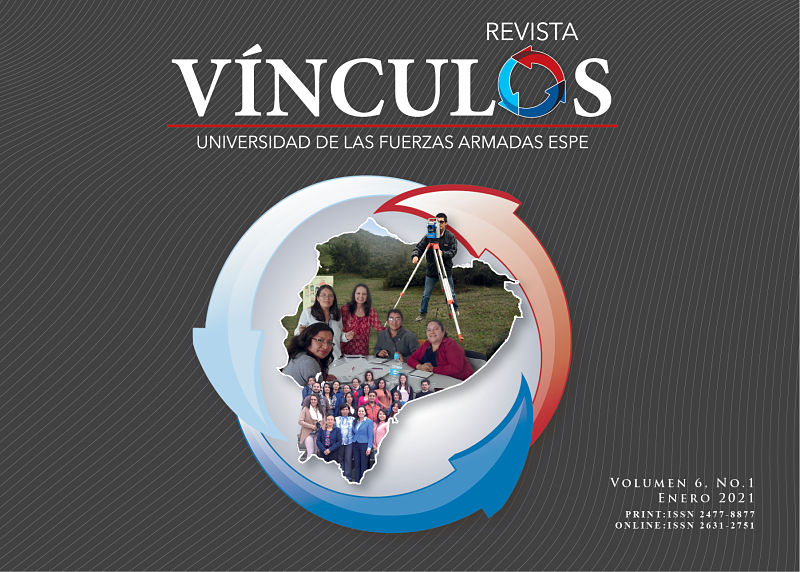Teachers’ Practices in Language Online Courses in Higher Education during the COVID-19 Health Emergency
Main Article Content
Abstract
In 2020, the entire world experienced a pandemic caused by the COVID-19 virus. This pandemic drew most of the entire world population to confinement, causing dramatic changes in most people’s everyday activities, for instance, education. Most countries modified their educational systems and moved from a face to face education to an online mode. By using a survey design, this study aims to describe the online teaching practices of 51 language teachers working at the language center of a university. Results show that language instructors working in this institution did not receive clear instructions on how to move from face to face to an online mode effectively. Additionally, results show that they have limited understanding of online education, a lack of a proper online education training among language teachers, and limited knowledge of how to properly integrate technological tools into an online mode.
Downloads
Article Details
Los autores que publican en esta revista están de acuerdo con los siguientes términos:
- Los autores conservan los derechos de autor y garantizan a la revista el derecho de ser la primera publicación del trabajo al igual que licenciado bajo una Creative Commons Attribution License que permite a otros compartir el trabajo con un reconocimiento de la autoría del trabajo y la publicación inicial en esta revista.
- Los autores pueden establecer por separado acuerdos adicionales para la distribución no exclusiva de la versión de la obra publicada en la revista (por ejemplo, situarlo en un repositorio institucional o publicarlo en un libro), con un reconocimiento de su publicación inicial en esta revista.
- Se permite y se anima a los autores a difundir sus trabajos electrónicamente (por ejemplo, en repositorios institucionales o en su propio sitio web) antes y durante el proceso de envío, ya que puede dar lugar a intercambios productivos, así como a una citación más temprana y mayor de los trabajos publicados.
How to Cite
References
Chen, N.-S., & Wang, Y. (2008). Testing Principles of Language Learning in a Cyber Face-to-Face Environment. Educational Technology & Society, 11 (3), 97-113.
Cuban, L., Kirkpatrick, H., & Peck, C. (2001). High access and low use of technologies in high school classrooms: Explaining an apparent paradox. American educational research journal, 38(4), 813-834.
Forte, K. S., & Blouin, D. (2016). Fostering transformative learning in an online ESL professional development program for K-12 teachers. The Qualitative Report, 21(4), 781.
Hrastinski, S. (2009). A theory of online learning as online participation. Computers & Education, 52(1), 78-82.
Ibáñez, R. M. (1998). La educación del siglo XXI. Hacia un sistema tecnológico multimedia. Las universidades a distancia. Educación XX1, 1(1).
Marcinkiewicz, H. R., & Regstad, N. G. (1996). Using subjective norms to predict teachers' computer use. Journal of Computing in Teacher Education, 13(1), 27-33.
Morton, A. (1996). Factors Affecting the Integration of Computers in Western Sydney Secondary Schools.
Picciano, A. G. (2017). Theories and frameworks for online education: Seeking an integrated model. Online Learning, 21(3), 166-190.
Reimers, F. M., & Schleicher, A. (2020). A framework to guide an education response to the COVID-19 Pandemic of 2020.
Roopa, S., & Rani, M. S. (2012). Questionnaire designing for a survey. Journal of Indian Orthodontic Society, 46(4_suppl1), 273-277.
Transue, B. M. (2013). Connectivism and information literacy: Moving from learning theory to pedagogical practice. Public services quarterly, 9(3), 185-195.
Wozney, L., Venkatesh, V., & Abrami, P. (2006). Implementing computer technologies: Teachers' perceptions and practices. Journal of Technology and teacher education, 14(1), 173-207.





